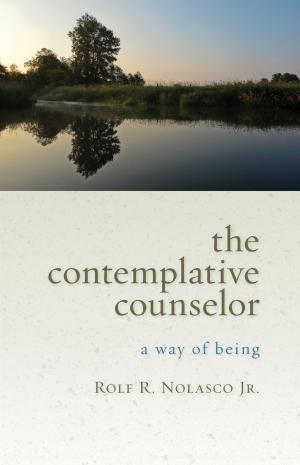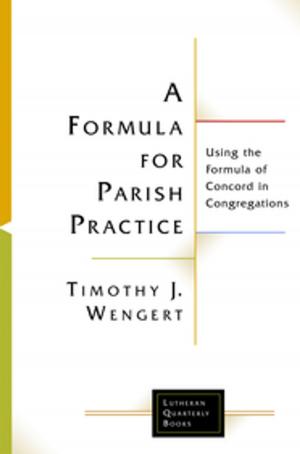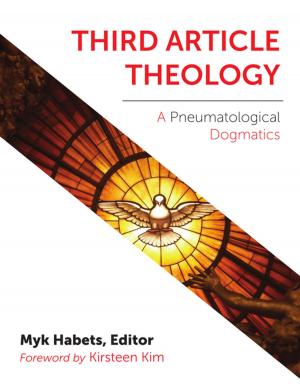Stranger God
Meeting Jesus in Disguise
Nonfiction, Religion & Spirituality, Inspiration & Meditation, Christianity, Christian Life| Author: | Richard Beck | ISBN: | 9781506438412 |
| Publisher: | Fortress Press | Publication: | November 1, 2017 |
| Imprint: | Fortress Press | Language: | English |
| Author: | Richard Beck |
| ISBN: | 9781506438412 |
| Publisher: | Fortress Press |
| Publication: | November 1, 2017 |
| Imprint: | Fortress Press |
| Language: | English |
When Richard Beck first led a Bible study at a maximum security prison, he went to meet God. His own faith was flagging, but Beck still believed the promise of Matthew 25, that when we visit the prisoner, we visit Jesus. And sure enough, God met him in prison.
With his signature combination of biblical reflection, theological reasoning, and psychological insight, Beck shows how God always meets us in the marginalized, the oppressed, and the refugee. And stories from Beck‘s own life illustrate this truth-God comes to him in the poor, the crippled, the smelly.
Psychological experiments show how we are predisposed to like those who are similar to us and avoid those who are unlike us. The call of the gospel, however, is to override those impulses with compassion, to "widen the circle of our affection." In the end, Beck turns to the Little Way of St. Thérèse of Lisieux for guidance in doing even the smallest acts with kindness, and he lays out a path that any of us can follow.
When Richard Beck first led a Bible study at a maximum security prison, he went to meet God. His own faith was flagging, but Beck still believed the promise of Matthew 25, that when we visit the prisoner, we visit Jesus. And sure enough, God met him in prison.
With his signature combination of biblical reflection, theological reasoning, and psychological insight, Beck shows how God always meets us in the marginalized, the oppressed, and the refugee. And stories from Beck‘s own life illustrate this truth-God comes to him in the poor, the crippled, the smelly.
Psychological experiments show how we are predisposed to like those who are similar to us and avoid those who are unlike us. The call of the gospel, however, is to override those impulses with compassion, to "widen the circle of our affection." In the end, Beck turns to the Little Way of St. Thérèse of Lisieux for guidance in doing even the smallest acts with kindness, and he lays out a path that any of us can follow.















